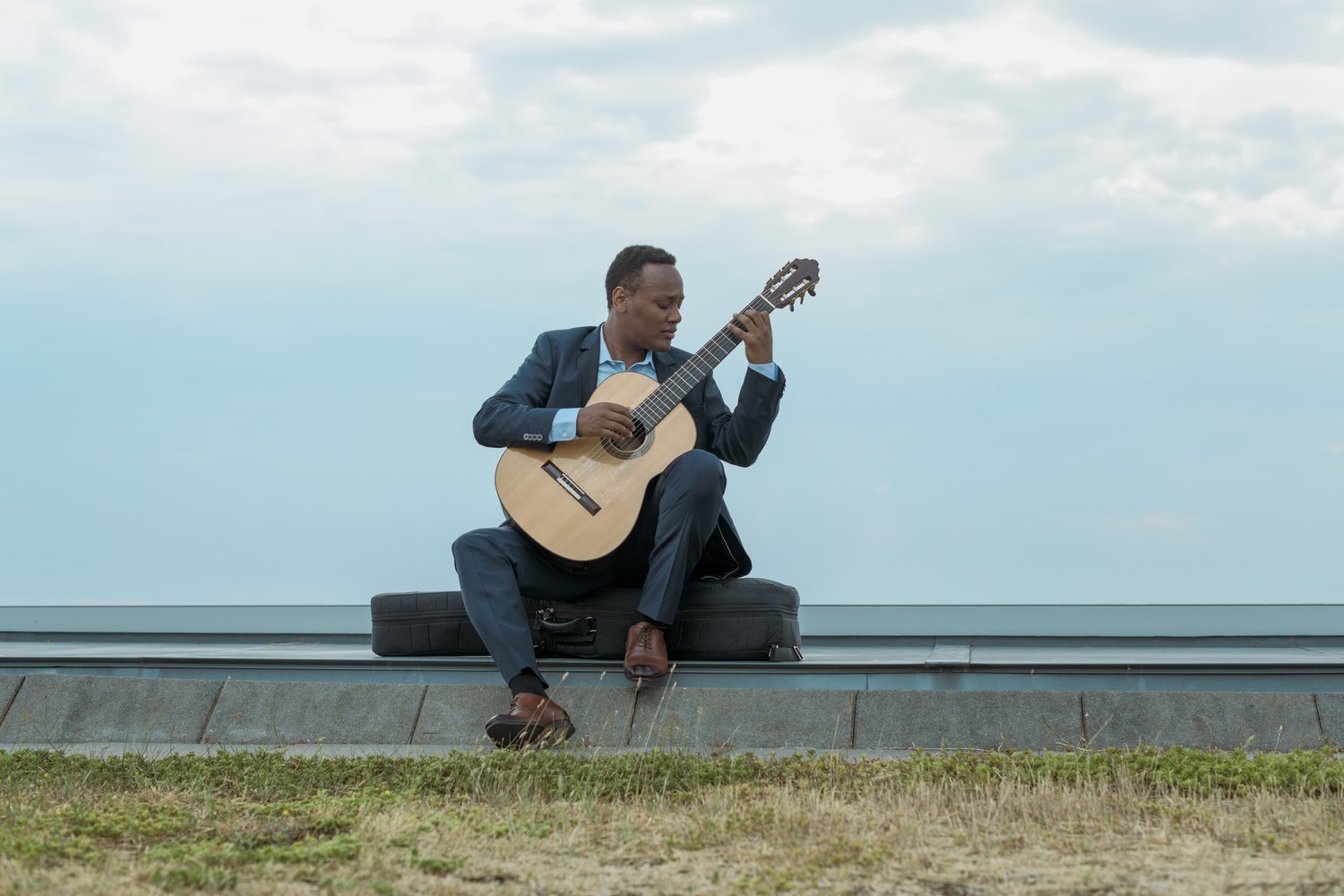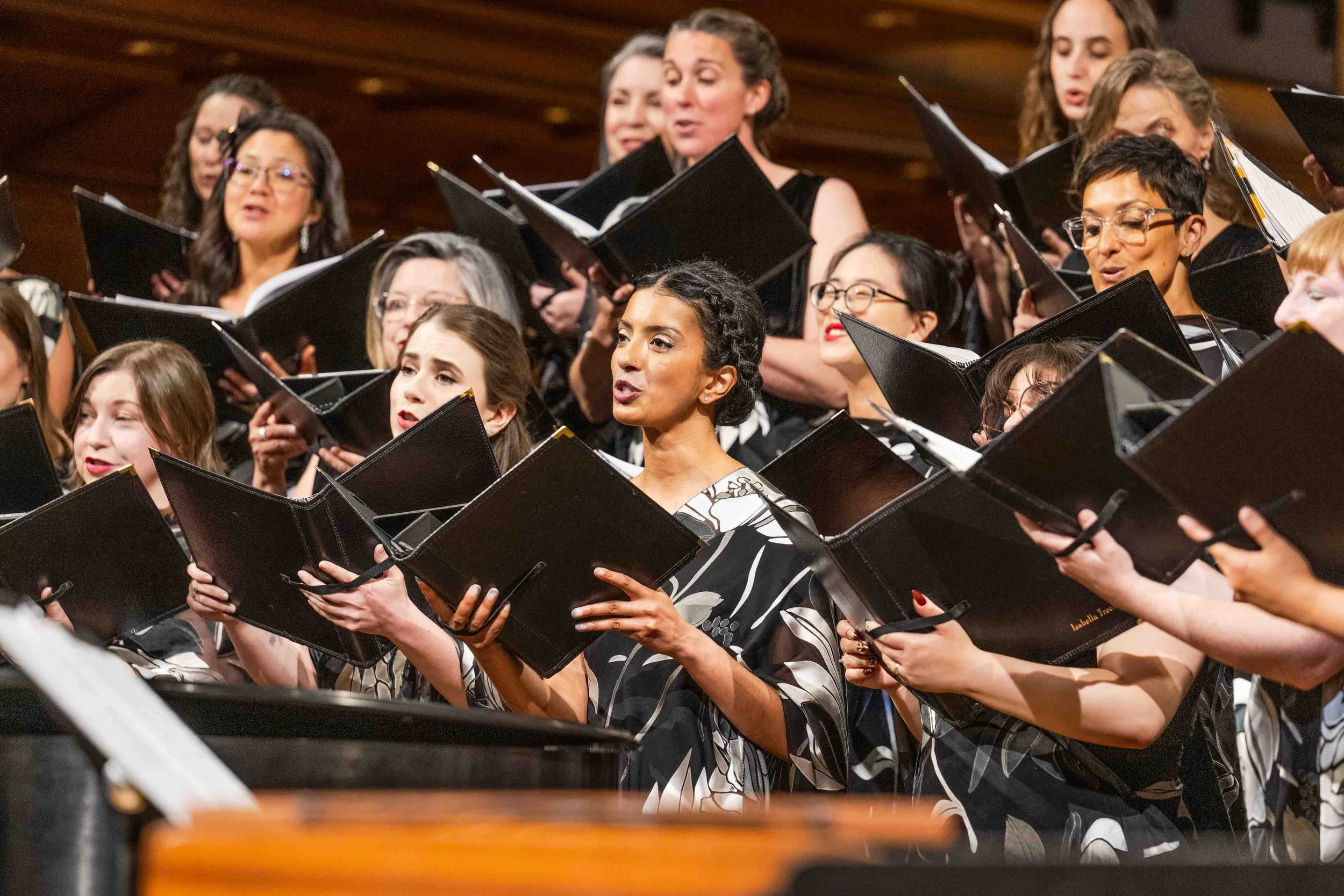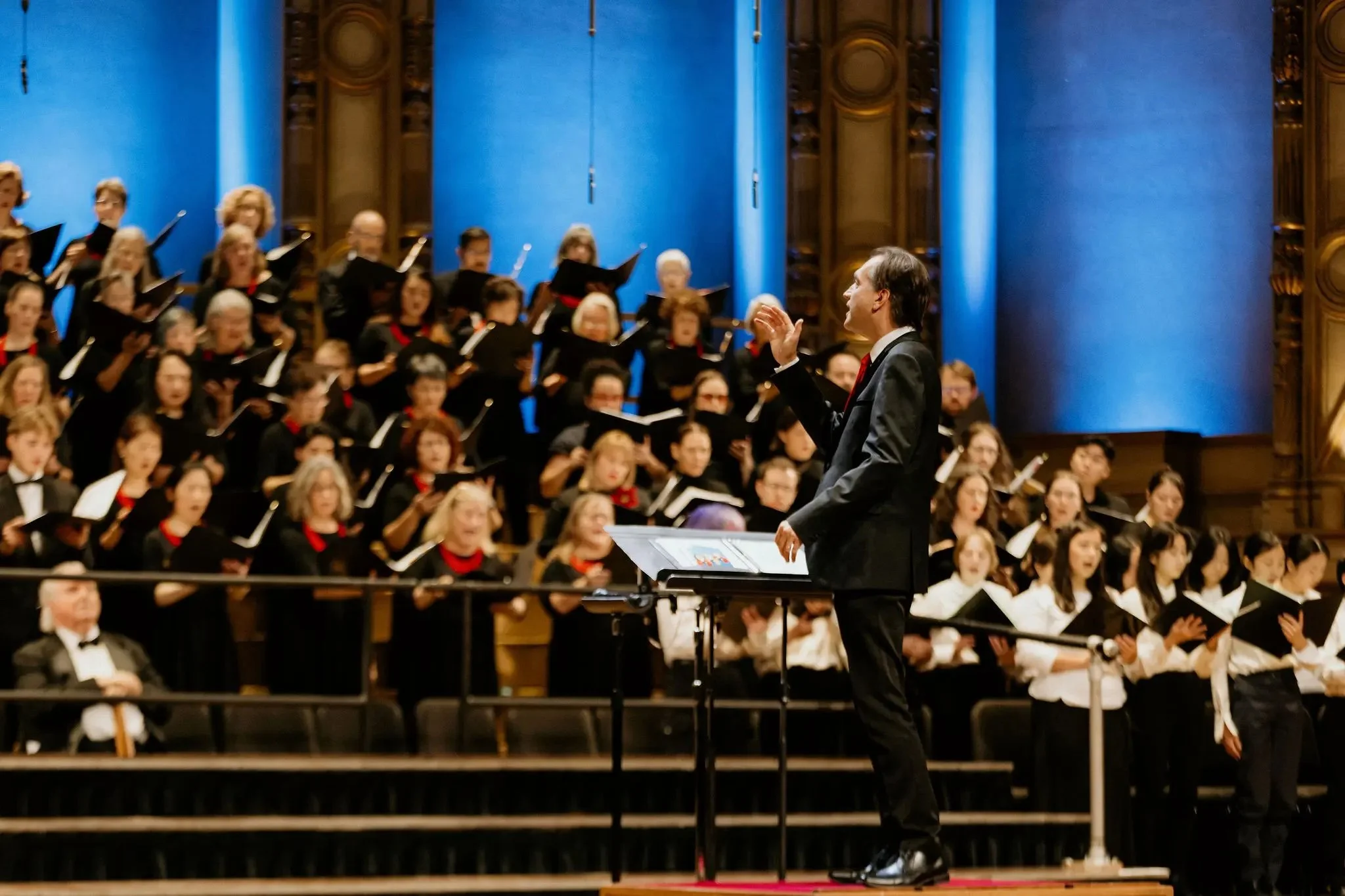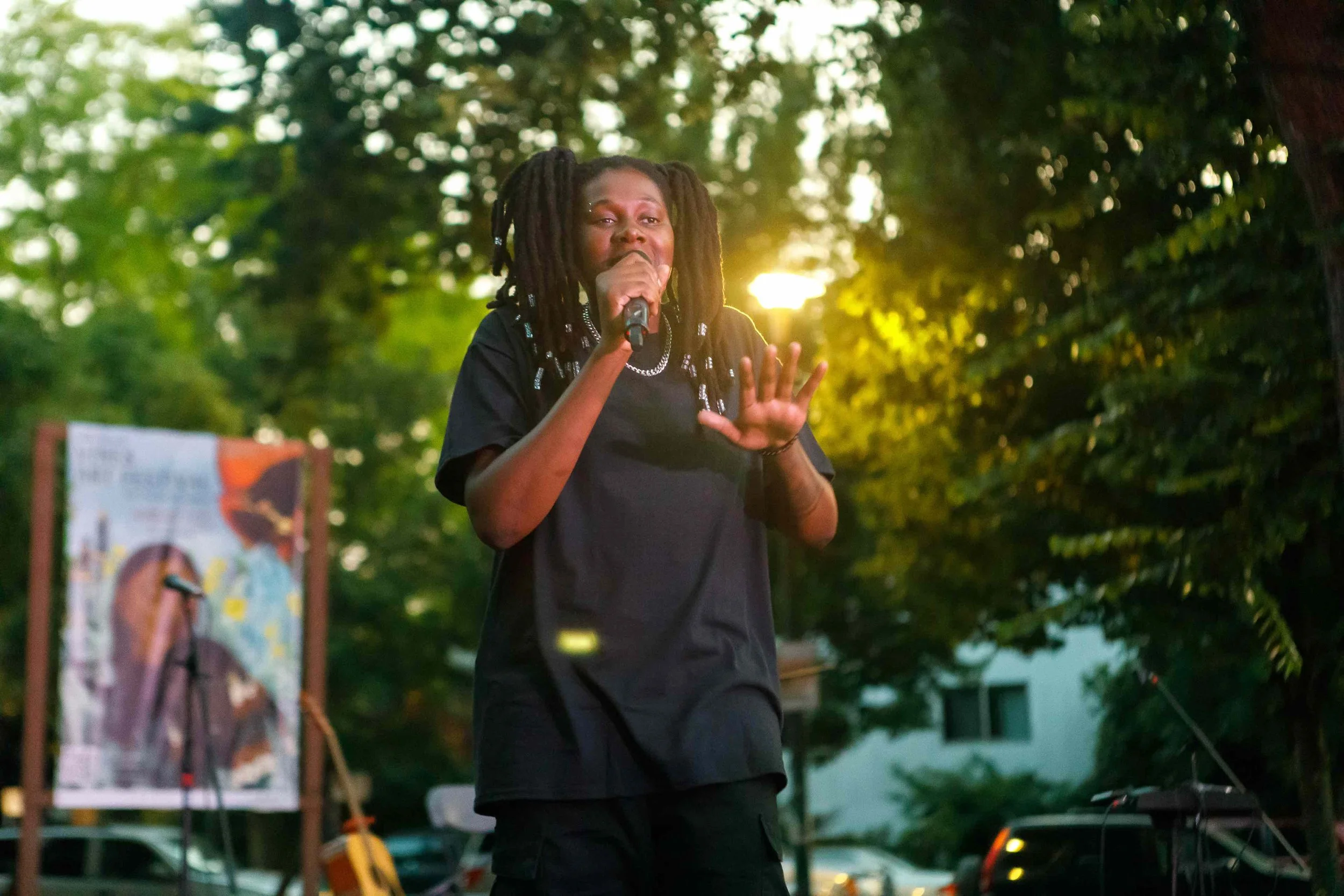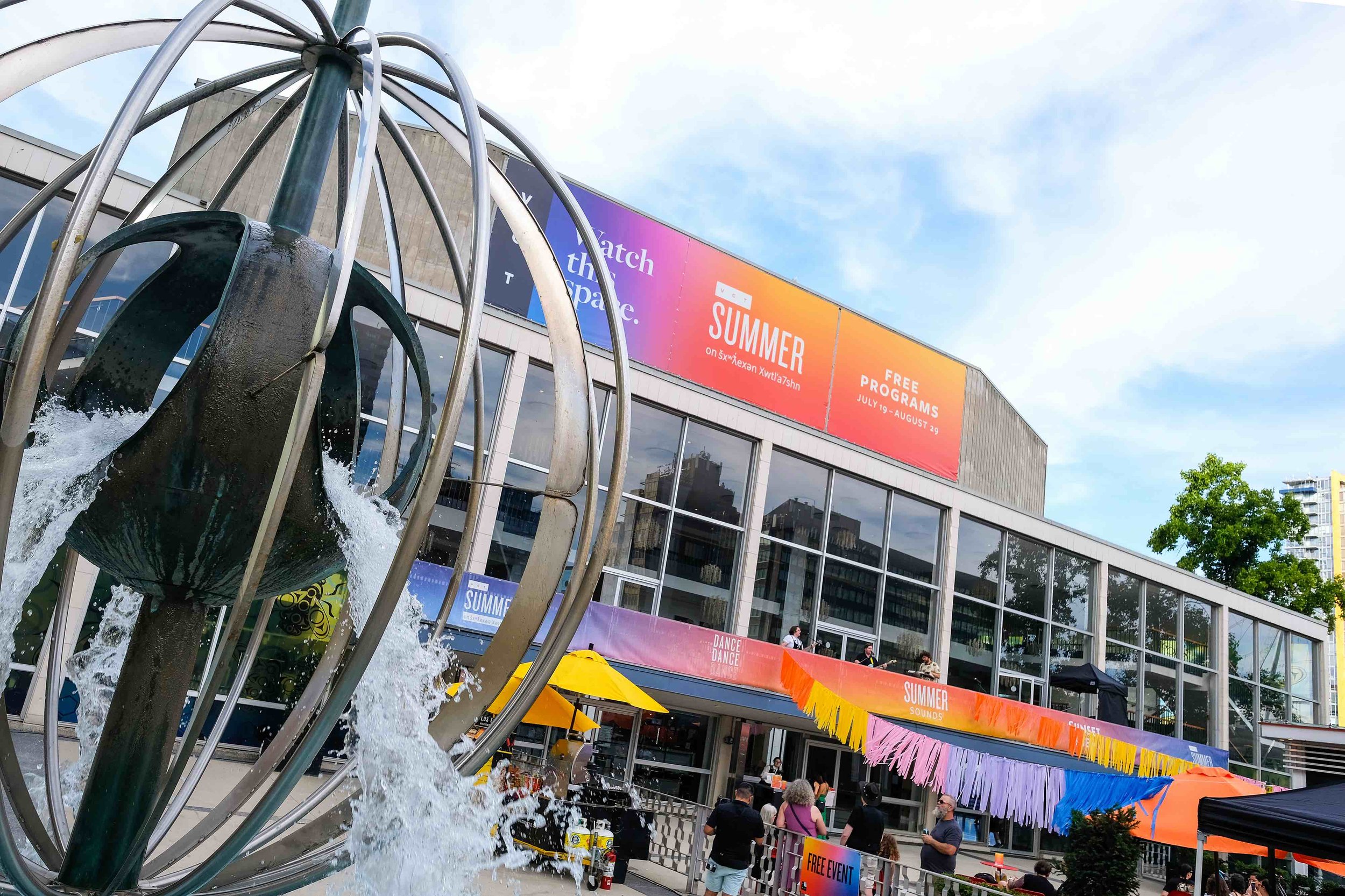Raphaël Feuillâtre makes the guitar sing
Presented by Vancouver Recital Society, the Djibouti-born musician brings tremendous vocal feeling to his instrument
Raphaël Feuillâtre. Photo by Stefan Höderath
Vancouver Recital Society presents Raphaël Feuillâtre at Vancouver Playhouse on November 24 at 3 pm
I’M GOING TO get hate mail, but let’s just put it out there: when it comes to musical instruments that can rival the tonal range and emotional power of the human voice, the nylon-strung classical guitar is only marginally more impressive than a glockenspiel. Put plainly, it’s plinky. In general, it has little volume and less sustaining power, and unlike its bastard cousin the electric guitar it doesn’t lend itself to counterfeiting the voice through distortion, compression, or wah-wah effects.
So to say that I was surprised when I first heard the young French classical guitarist Raphaël Feuillâtre is an understatement. His technique is immaculate and his choice of material ambitious, but what really sets the 28-year-old, Djibouti-born musician apart is just how much vocal feeling he can bring to his instrument. Watching an online video of him performing Francisco Tárrega’s Recuerdos de la Alhambra, I was struck by how he sent the work’s core melody soaring above its considerable contrapuntal complexity. Juggling multiple lines with aplomb, he transcended technical brilliance to unearth hidden emotions beneath the work’s familiar surface.
In short, Feuillâtre made it sing.
It’s perhaps surprising, then, that when we reach him in Austin, Texas, he claims that he is “not a good singer”. And he definitely won’t be vocalizing during his upcoming matinee appearance at the Vancouver Playhouse on November 24 courtesy Vancouver Recital Society. But in the privacy of his practice room, Feuillâtre is happy to use whatever helps him advance his craft, and singing his parts before working out how to play them has been more than useful.
“I sing a lot when I work—and I listen, as carefully as possible, when I do,” he explains. “Luckily, though, I have a guitar! Singing is more like a tool to have as a guide.
“But it’s one of the most important things, actually, to make the guitar sing,” he continues. “Most guitarists struggle with that, and I think that whole way of playing becomes very natural through singing. That legato quality is something that’s really hard to achieve, but it’s so important for me—and I’m super-happy that you asked this question. It’s one of the most important parameters when I work and when I play: to make it sing. It’s a lot of work, but the result is always rewarding.”
Feuillâtre has a few other guitaristic tricks that he can call on to achieve his desired results. While some classical- and jazz-guitar purists sneer at the use of the humble capo—a kind of clamp that can be applied to the guitar’s neck to raise the pitch of the open strings—this virtuoso finds it helpful in playing early music, both to make certain fingerings easier and to approximate the tonality of the guitar’s short-scale predecessor, the lute. “It really gives it an ancient, old-fashioned sound that I really appreciate,” he notes. And in at least one of the pieces on his Vancouver Recital Society program, the late Roland Dyens’s Clown Down, he’ll detune his low E string to achieve some percussive sound effects. “It’s a very ugly sound,” he says, laughing, “but it’s really enjoyable in this piece.”
Dyens, as it happens, was one of several teachers that Feuillâtre credits with helping him refine his musical approach, and playing Clown Down in this concert is something of an homage to his former mentor.
“What is interesting is that he had this very strong desire to compose and to arrange and to play for people internationally, without any barriers in terms of style of music,” Feuillâtre says. “He really played music that spoke to everyone, and I think that’s something that was very important to me, to have this personage, this character, to work with. So, yeah, this is a tribute, and it is a piece that is really percussive and that explores some really strange ways of playing the guitar. It’s extremely interesting to listen to, and I just love to play it. It’s really fun, and it’s a great way to end the concert.”
It’s also a bit of an outlier. Although Clown Down is not the only untraditional work on this bill—Argentine tango master Astor Piazzolla’s Adiós Nonino highlights another side of Feuillâtre’s diverse musical interests—most of the guitarist’s offerings conform to more conventional expectations. Beginning with Baroque compositions, including two by Johann Sebastian Bach as well as François Couperin’s Les Barricades Mystérieuses, he’ll move on to an assortment of works from the classical guitar’s native Spain, and some pieces that will certainly highlight his singing touch: Miguel Llobet Solés’s arrangement of a pair of Catalan folk songs, and Julian Arcas’s Fantasia on Themes from La Traviata.
“I feel like an ambassador for the guitar,” Feuillâtre explains. “I always try to make my programs, first of all, accessible, and also to make them extremely varied, so everyone can have a large spectrum of what the guitar can be. So this has a lot of pieces written for the guitar but also some arrangements, and it shows a lot of possibilities. I think that’s the main thing: that it’s very varied, and that it’s very enjoyable for the audience. They can really get an idea of what the guitar can be.” ![]()


